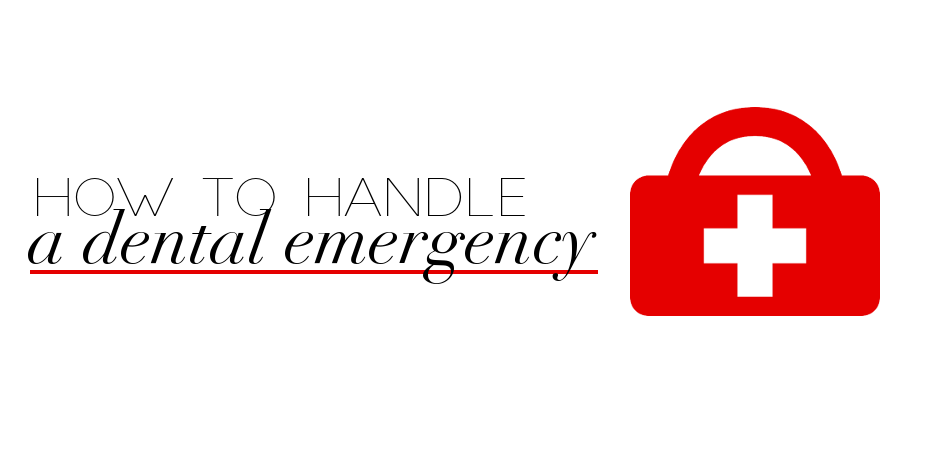
Whether it was a car accident, a fall, or some other traumatic mishap that led to you harming your teeth, here is a guide on what to do if you chip, crack, break, dislodge, or lose a tooth.
Oftentimes, traumatic accidents can damage your teeth. When that occurs, a dentist can help fix the problem, but here are a few things you can do if a traumatic oral health injury ever happens to you.
You Chip a Tooth
Maybe you chewed on something too hard, or tripped and fell, whatever the cause, a chipped or broken tooth can hurt and here are a few things you can do in that situation to maximize your chances for restoration.
- Save the pieces and rinse with warm water.
- You will want to rinse the bits of tooth and your mouth with warm water.
Apply gauze to any bleeding areas - Once you stop the bleeding, apply a cold compress and head to your dentist with the pieces of the tooth.
It might not be possible for the dentist to reattach your tooth, but bring it along anyway just in case they can fix it.
You Dislodge a Tooth
You have somehow managed to partially dislodge your tooth. It hasn’t fallen out yet, but is not securely in your mouth like it should be. Whatever accident you had, follow these steps to get help.
It is important to get to the dentist as quickly as you can so that they can assess the situation and find the best form of treatment for you.
You Knock Out a Tooth
Whether it was a swift punch, or walking into a pole, try your best to find the tooth and salvage it.
- Find the tooth and pick it up by the crown end, not the root end.
- Rinse the tooth but don’t scrub it, you are trying to save as much tissue as you can.
- Try to put the tooth back in place, if it won’t fit, don’t force it.
- If you can’t reinsert the tooth, then place it in a small container of milk, or a small cup of water with a pinch of salt while you travel to a dentist.
Teeth that are replaced within an hour of an accident have the best chance to be saved. Rush to your dentist help in order to save your tooth.
Traumatic oral health incidents can be very difficult and painful to go through. Call your dentist for help if you accidentally harm your teeth.

